20+ Years Experience
Specialist Education Providers

Physical play is not just a pastime for children; it is an essential component of their overall development. The benefits of physical play in the early years are numerous, encompassing the development of gross motor skills, coordination, strength, and cognitive abilities, as well as the fostering of social skills.
In this article, we will explore the importance of physical play in early childhood, the different types of physical play, and how parents and caregivers can encourage and support it.
We will provide fun and engaging physical play ideas for children, ensuring that both the physical and mental well-being of young ones are nurtured in a holistic manner. So, let’s delve into the world of physical play and discover its significant role playing in the formative years of a child’s life.
Physical play in early years helps develop gross motor skills, coordination, balance, strength, and endurance. It also improves cognitive development and fosters social skills, making it an important aspect of a child’s overall growth and development.
Parents and caregivers can encourage physical play by providing a safe environment, limiting screen time, and incorporating it into daily routines with a variety of toys and activities.
Physical play, especially in early childhood, encompasses a range of activities that involve movement and interaction with the environment, often influenced by parental modelling and encouragement.
Physical play in early childhood is crucial for the holistic development of children, encompassing activities like running, jumping, climbing, and playing with toys. These activities not only foster physical health, but also enhance cognitive and social skills.
Children actively engage with their surroundings and develop spatial awareness, coordination, and motor skills through physical play.
Additionally, parental modelling plays a pivotal role in promoting the enthusiasm for physical activities among young children, as children often imitate and learn from observing their parents’ active lifestyles.
Physical play is important in the early years because it helps children to develop their motor skills, coordination, and strength. It also allows them to explore and understand their environment, engage in social interactions, and develop their creativity and imagination.
Physical play holds significant importance in the early years as it contributes to the holistic development of children’s health, impacting factors such as obesity, cognitive development, and the enhancement of social skills.
Active play and movement in early childhood have been shown to play a crucial role in addressing the rising concern of obesity among children. Encouraging physical activity from a young age can help establish healthy lifestyle habits, combatting sedentary behaviours and promoting overall well-being.
Moreover, physical play aids in the cognitive development of children by stimulating the brain, improving concentration, and refining motor skills.
It fosters the development of social skills, as it encourages interaction, cooperation, and the understanding of social rules, thereby laying the foundation for positive relationships and teamwork.
Engaging in physical play contributes to the development of gross motor skills, which are essential for primary school-aged children to perform movements involving large muscle groups and coordination.
According to research, physical play not only helps in the development of gross motor skills but also aids in building strength, balance, and spatial awareness.
Activities such as running, jumping, climbing, and playing sports enable children to enhance their physical abilities. These skills play a crucial role in their overall development, as they are essential for performing everyday tasks, participating in sports, and promoting a healthy lifestyle.
Participation in physical play activities enhances coordination and balance, promoting the development of fundamental movement skills crucial for children’s physical literacy, as emphasised in the UK guidelines.
Engaging in physical play activities such as running, jumping, and climbing requires children to use their bodies in various ways, thereby improving their motor skills.
By mastering these movements, children can more effectively navigate their environment and engage in sports and recreational activities with increased confidence and success.
Regular engagement in physical play builds strength and endurance, benefiting bone health and overall physical well-being, thereby contributing to the holistic development of children. It is well-documented that physical play fosters not only physical strength but also enhances the cardiovascular system, muscle development, and motor skills.
It is crucial for maintaining a healthy weight and reducing the risk of chronic conditions. Along with these physical benefits, physical play also nurtures social skills, teamwork, and stress management, laying the foundation for overall well-being.
As children actively engage in physical play, they experience a positive impact on their self-esteem and confidence, promoting a sense of accomplishment and enablement.
Physical play has been linked to improved cognitive development in children, potentially reducing the risk of diabetes and certain types of cancer later in life, highlighting its multifaceted impact on overall health.
The relationship between physical play and cognitive development is a crucial aspect of childhood health. Engaging in physical activities such as running, jumping, and climbing stimulates the brain and enhances neural connections, leading to improved memory, attention, and problem-solving abilities.
These cognitive gains not only benefit children in their formative years but also contribute to a lower risk of developing chronic conditions like diabetes and cancer in adulthood.
Physical play serves as a platform for fostering social skills among children, contributing to their overall well-being and aligning with public health initiatives aimed at promoting social development in early childhood.
Engaging in physical activities such as running, jumping, and playing sports not only enhances physical health but also facilitates the development of essential interpersonal skills like communication, teamwork, and conflict resolution.
These experiences enable children to understand social norms and behaviours, laying a strong foundation for healthy relationships in their formative years. Furthermore, incorporating physical play into educational settings has been shown to improve attention and concentration, supporting the holistic development of children.
Various types of physical play offer holistic benefits to children, encompassing active, rough and tumble, outdoor, and creative play, movement, and sensory play, each contributing to different aspects of development.
Active play, including running, jumping, and sports, enhances physical fitness, motor skills, and coordination.
Rough and tumble play fosters social and emotional development, teaching children how to navigate physical interactions and manage emotions during play.
Outdoor play encourages exploration, imagination, and connection to nature, promoting cognitive and emotional well-being.
Creative movement, such as dance and yoga, cultivates self-expression, body awareness, and relaxation. Sensory play stimulates the senses, supporting cognitive, language, and social development through hands-on exploration of materials and textures.
Active play involves physical activities that promote movement and exercise, often using sports equipment to engage children in lively and energetic pursuits, contributing to their physical well-being.
It plays a crucial role in fostering both physical and mental development in children, highlighting the importance of incorporating regular physical activity from a young age.
Sports equipment such as balls, jump ropes, and hula hoops create a dynamic and enjoyable environment, encouraging children to stay active while enjoying their playtime.
These activities not only improve their physical endurance but also instil a sense of teamwork and sportsmanship, laying the foundation for a healthy and active lifestyle.
Rough and tumble play involves physical interactions that contribute to social development in children, fostering resilience and communication through physical engagement and playful interactions.
This type of play allows children to develop important social skills such as empathy, cooperation, and negotiation as they learn to navigate the boundaries of physicality.
Engaging in rough and tumble play also helps in strengthening the bond between children by creating opportunities for them to learn about teamwork and trust.
It supports the development of emotional regulation and conflict resolution skills, as children experience various emotions in a controlled and supportive environment.
Outdoor play encourages children to engage with nature and the environment, promoting physical activity and exploration through activities such as nature walks and outdoor games. These activities not only contribute to the development of gross motor skills but also provide opportunities for sensory stimulation and cognitive growth.
Nature walks, for instance, allow children to observe and appreciate the natural world, fostering a sense of curiosity and wonder. Outdoor games promote teamwork, and communication skills, and creativity while offering a break from sedentary screen time, thus supporting overall physical and mental well-being.
Creative movement play encompasses activities that encourage imaginative and expressive physical movements, aligning with the principles key benefits of physical activity and contributing to children’s creative and motor skill development.
Engaging in creative movement play fosters an environment where children can explore various movements freely, allowing them to develop spatial awareness and body coordination.
Through activities such as dancing, pretend play, and movement-based games, children are able to enhance their motor skills as they discover new ways to move their bodies.
Not only does this form of play allow for self-expression and creativity, but it also promotes physical and mental health and well-being by encouraging active participation in movement-based activities.
Sensory play involves activities that stimulate the senses, contributing to children’s holistic development through the exploration of textures, sounds, and visual stimuli, aligning with the principles of physical activity and its holistic health benefits.
By engaging in sensory play, children have the opportunity to enhance their cognitive, emotional, and social skills. The use of different textures and materials in sensory activities can help develop fine motor skills and hand-eye coordination.
The exposure to various sensory stimuli fosters creativity and imagination, encouraging children to explore and express themselves. Through sensory play, children learn to regulate their emotions and develop problem-solving abilities, as they engage in hands-on experiences that stimulate their senses.
Parents and caregivers can encourage physical play by providing a safe and stimulating environment energetic play, actively participating in play, limiting screen time, incorporating physical play into daily routines, and offering a variety of toys and equipment to facilitate engaging experiences.
When parents engage in physical play with their children, they set a positive example and emphasize the importance of an active lifestyle. By joining in activities that promote physical play such as playing catch, dancing, or going for family walks, they promote the enjoyment of movement and help their children develop a love for physical activity.
Limiting screen time encourages children to seek out alternative forms of entertainment, such as outdoor games and sports, contributing to increased physical play. Creating a stimulating environment with options for physical activity encourages children to explore and engage in various types of movement, benefiting their physical development.
Creating a safe and stimulating environment is crucial for fostering physical play in the early years children childhood, as it encourages exploration, movement, and sensory experiences for children’s development.
By providing a secure space, children can freely engage in physical activities that enhance their gross and fine motor skills, coordination, and spatial awareness. A stimulating environment encourages social interaction and imaginative play, contributing to cognitive and emotional development.
Research has shown that regular physical play in early years can also have long-lasting effects on overall health and well-being, laying the foundation for an active lifestyle and preventing health issues such as obesity.
Parents and caregivers can actively encourage children participate in physical play, serving as role models and encouraging children to engage in active and imaginative play, thereby promoting the holistic benefits of physical activity.
When parents engage in physical play with their children, they demonstrate the value of an active lifestyle and instil positive behaviour patterns from a young age.
The active involvement of adults in play not only fosters physical development but also enhances emotional bonding and cognitive skills.
By demonstrating enthusiasm and enjoyment in physical activities, parents set the stage for a child’s lifelong love for fitness and well-being.
Limiting screen time is important in encouraging physical play and promoting the development of social skills, as it creates opportunities for active engagement, interaction, and physical exploration.
When children spend less time in front of screens, they are more likely to seek out activities such as playing outdoors, participating in sports, or engaging in imaginative and creative games. These experiences not only support physical development but also provide valuable opportunities for social interaction with peers and adults.
By fostering face-to-face communication and collaboration, limiting screen time contributes to mental wellbeing and the acquisition of critical social skills such as empathy, cooperation, and conflict resolution. Therefore, establishing a balance between screen time and physical play is crucial for promoting holistic development in children.
Incorporating physical play into daily routines helps integrate movement and cognitive development, creating a balanced and active lifestyle for children that supports their overall well-being.
Engaging in activities like active play, outdoor games, and sports not only enhances motor skills but also fosters problem-solving abilities and spatial awareness.
Research has shown that physical activity stimulates the release of hormones that aid in brain cell growth, improving concentration and academic performance.
Furthermore, physical play provides opportunities for children to develop social skills, teamwork, and resilience, laying a foundation for healthy relationships and coping mechanisms in the future.
Providing a variety of toys and sports equipment enhances children’s experiences of physical play, supporting their development and aligning with public health initiatives promoting physical activity and well-being.
Fostering a diverse range of play materials and equipment promotes adaptive and inclusive physical play.
A rich selection of toys and sports gear allows children to explore various activities, aiding in the development of their motor skills, coordination, and spatial awareness. Such offerings encourage cooperative and competitive play, contributing to social and emotional growth.
By aligning with public health initiatives targeting childhood obesity and sedentary lifestyles, the provision of diverse toys and sports equipment underscores a commitment to holistic child development and well-being.
Fun and engaging physical play ideas for children include activities such as:
Offering diverse and enjoyable experiences that promote physical activity and social interaction. Incorporating sand and water play with sprinklers or buckets and sponges can add an element of cool refreshment and sensory stimulation to a child’s playtime.
Outdoor games like tag, hide and seek, and hopscotch are not only physically stimulating but also encourage teamwork, spatial awareness, and strategic thinking.
Furthermore, imaginative play activities and light physical activities such as building forts, putting on pretend performances, or playing dress-up, foster creativity, communication, and emotional development in children. These varied activities cater to different interests and abilities, promoting a holistic approach to physical play for children.
Creating an obstacle course fosters physical play and enhances children’s motor skills, offering opportunities for movement, coordination, and creative problem-solving in a dynamic and engaging setting.
Children benefit from engaging in obstacle courses by developing their gross motor skills through activities and smaller physical movements such as climbing, crawling, and jumping. These activities help to improve balance, strength, and spatial awareness while stimulating their sensory integration.
The interactive nature of obstacle courses provides an opportunity for children to enhance their social skills, fostering communication, teamwork, and cooperation. This not only promotes physical play but also contributes to their overall physical and mental development.
Hosting a dance party provides an enjoyable avenue for physical play and promotes the development of social skills, fostering movement, rhythm, and interactive experiences in a lively and expressive setting.
Attending dance parties can offer a vibrant environment where individuals engage in vigorous physical activity, while immersing themselves in the pulsating beats of music. These gatherings facilitate the exchange of energy and movement, allowing participants to explore various dance styles and express themselves freely.
Dance parties are instrumental in creating a sense of community and connection, as people come together, share laughter and joy, and form new friendships on the dance floor.
Organising a scavenger hunt encourages physical play and stimulates the exploration and problem-solving skills of children, creating an exciting and interactive experience aligned with the principles of early childhood development.
Scavenger hunts provide an opportunity for children to engage in physical activity while also enhancing their cognitive abilities. Hunting for clues and items promotes active movement, contributing to the development of gross motor skills.
The process of identifying and solving challenges during the hunt fosters critical thinking and teaches children to work collaboratively, thus promoting social interaction. These elements collectively support the holistic development of a child, making scavenger hunts a valuable and enriching experience.
Balloon volleyball offers a lively and cooperative form of physical play that enhances coordination and teamwork, providing an engaging and accessible activity for children to enjoy and develop essential skills.
This fun game not only encourages children to be physically active but also fosters a sense of team spirit as they work together to keep the balloon afloat. The focus on hand-eye coordination and quick reflexes helps in refining their motor skills.
The simple setup and minimal equipment required make it an inclusive option for children of varying abilities, ensuring that everyone can participate and have a great time playing together.
Taking nature walks encourages physical play and supports cognitive development, allowing children to explore natural environments, engage their senses, and develop an appreciation for the outdoors and the world around them.
Nature walks provide a dynamic way for children to interact with their surroundings, stimulating their curiosity and honing their exploratory skills. This form of outdoor play presents unique opportunities for sensory engagement as children observe the colours, textures, and sounds of the natural world.
Children learn to value and respect the environment, promoting a sense of stewardship for nature. The blend of physical activity and mental stimulation that nature walks offer makes them a fundamental aspect of childhood development.
Physical play has numerous benefits for young children. It not only helps them develop their gross and fine motor skills, but it also promotes social, emotional, and cognitive development.
Running, jumping, climbing, and other physical activities help children develop their gross motor skills, which are essential for tasks such as walking, running, and balance.
Physical play allows children to interact and play with others, promoting social skills such as cooperation, sharing, and communication. It also helps build friendships and develop a sense of teamwork.
Physical play can have a positive impact on a child’s emotional well-being. It can release endorphins, which can improve mood and reduce stress and anxiety. It also allows children to express their emotions in a healthy and constructive way.
Physical play and learning involves problem-solving, decision-making, and creativity, all of which are essential for cognitive development. It also helps improve memory, attention span, and critical thinking skills.
Physical play can include activities such as running, jumping, climbing, playing with balls, riding bikes, and engaging in imaginative play. It can also involve structured activities like sports, dance, or yoga.




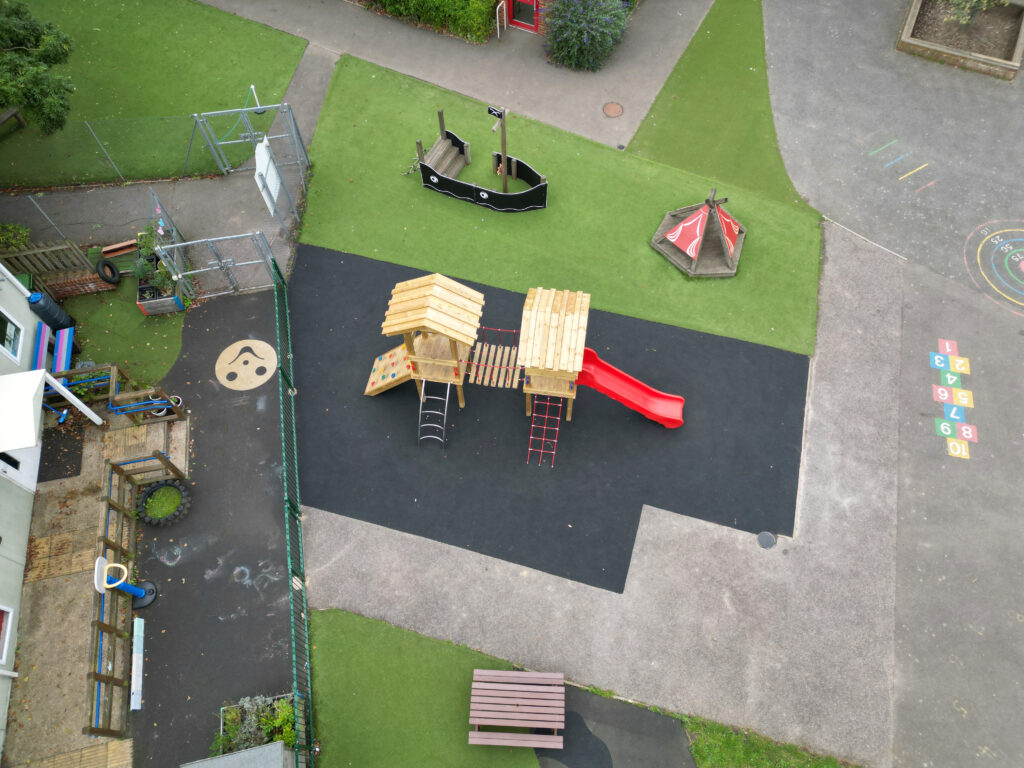

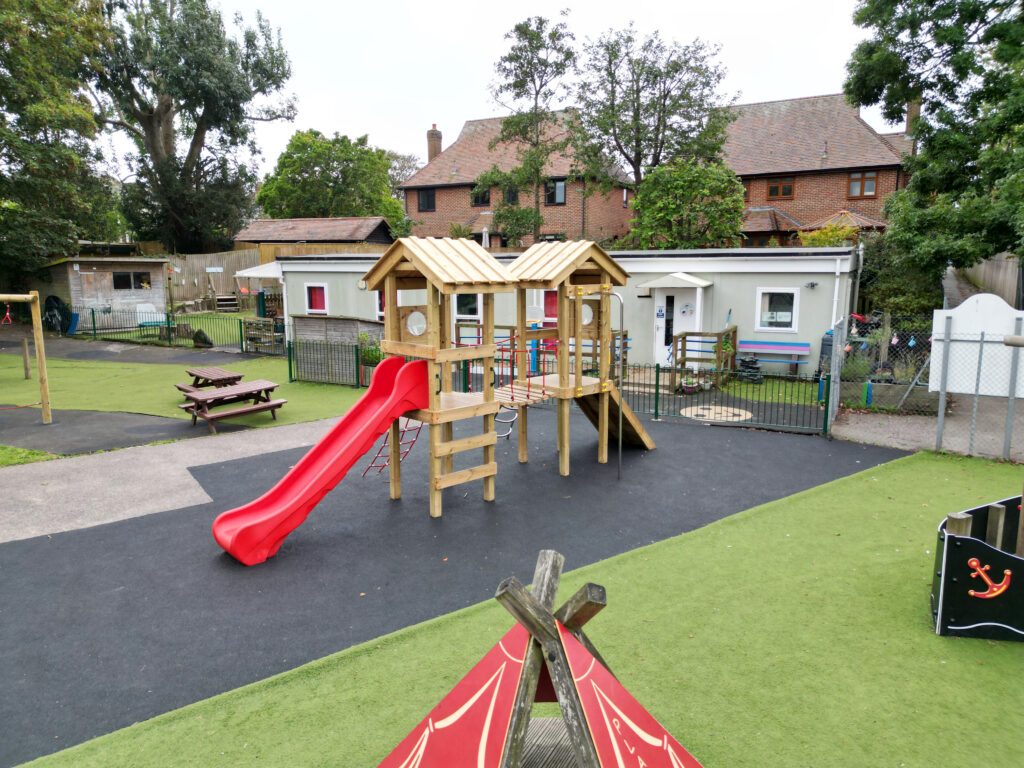
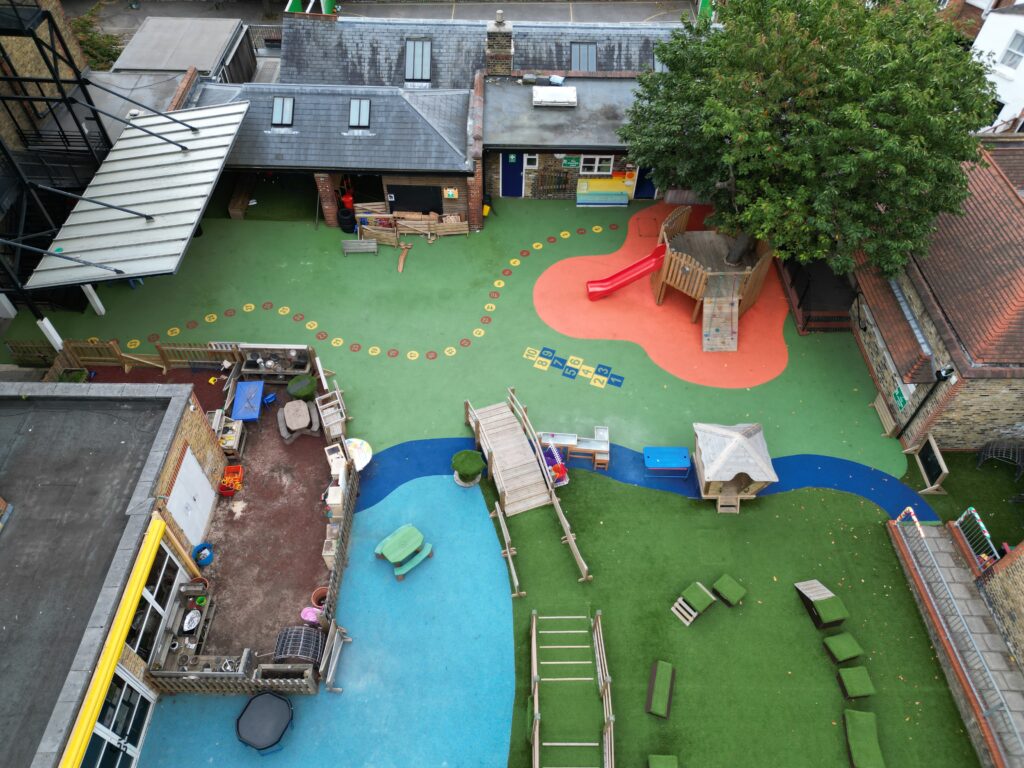






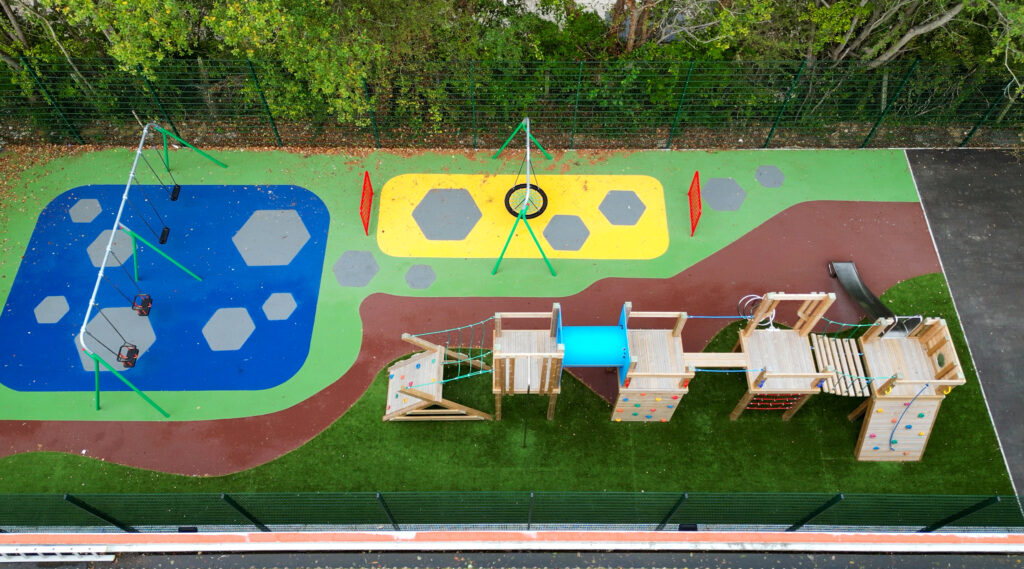










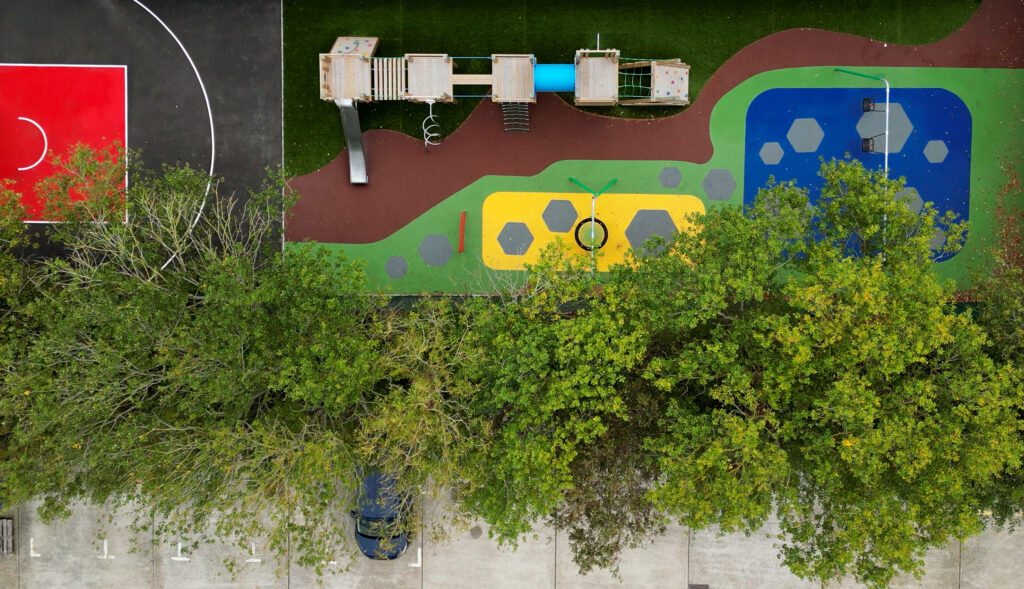









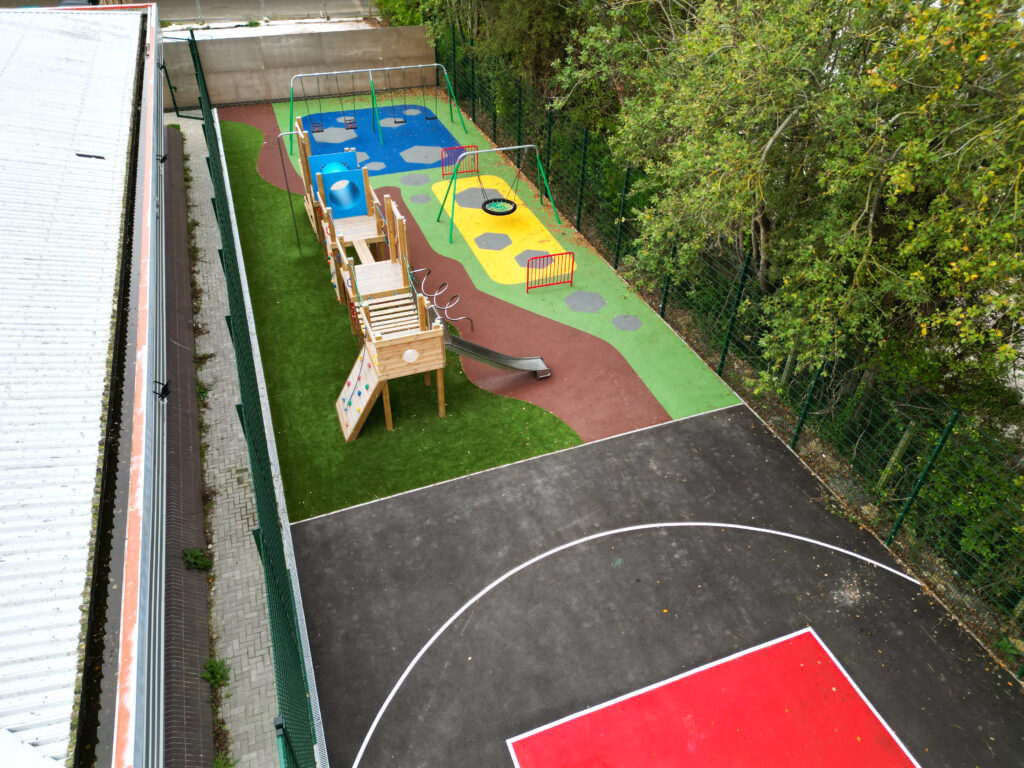



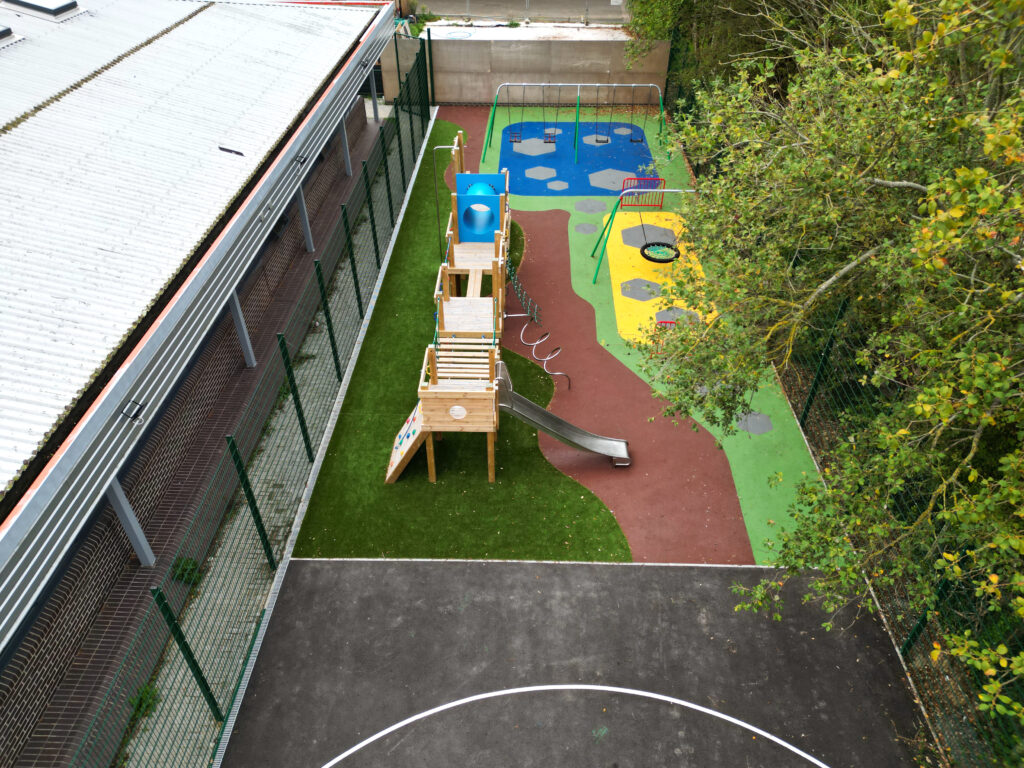







We Aim To Reply To All Enquiries With-in 24-Hours